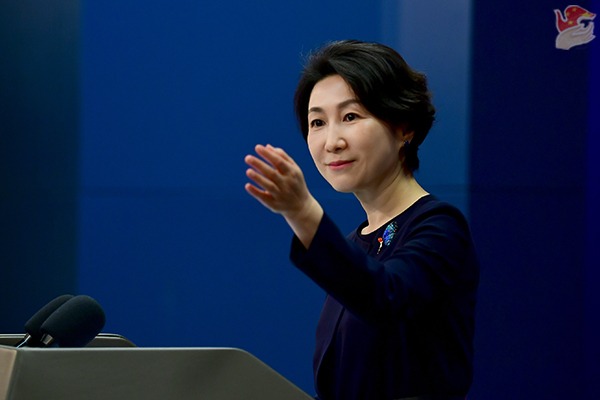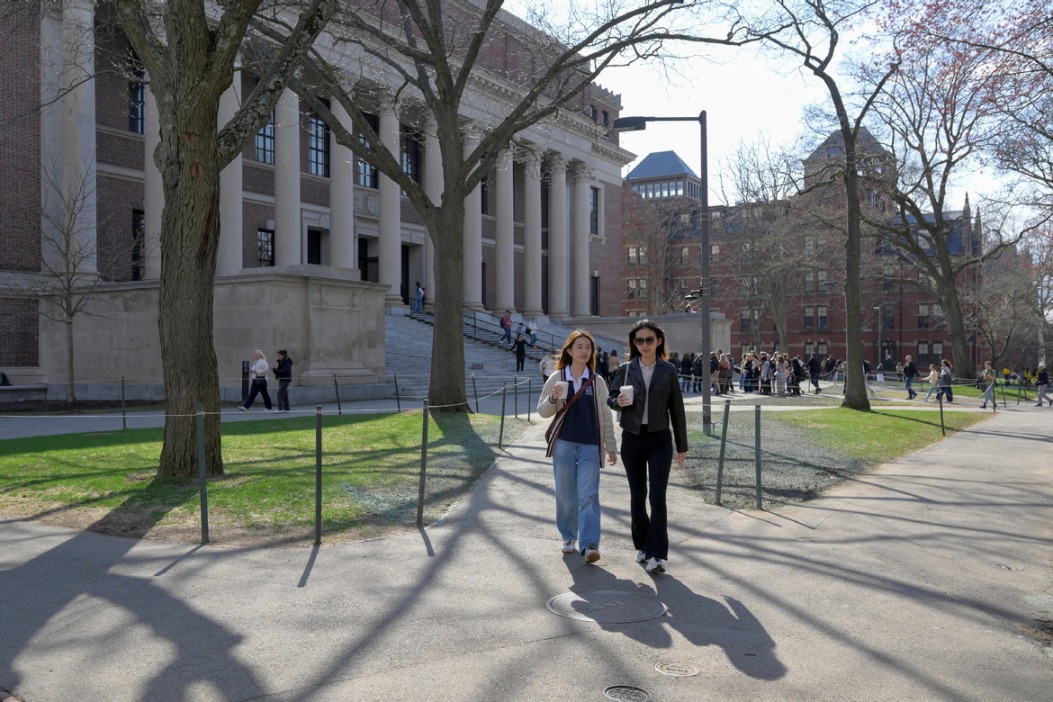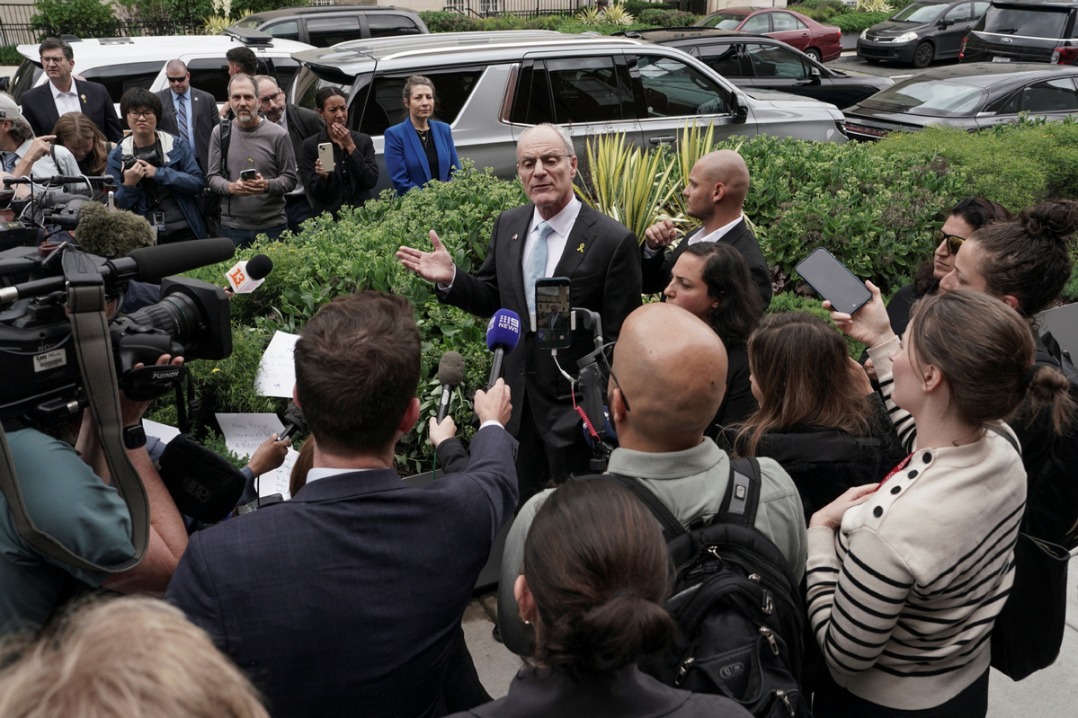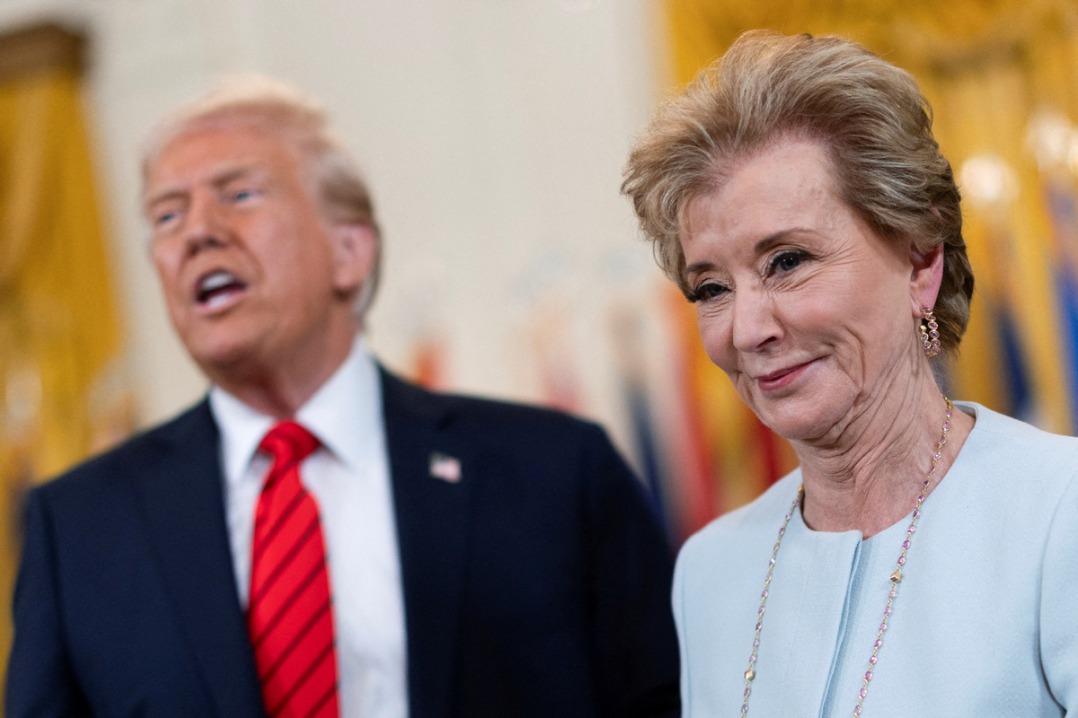US judge temporarily blocks Trump Administration's bid to end Harvard's enrollment of international students

WASHINGTON -- A federal judge in Boston issued a Temporary Restraining Order on Friday, blocking the Trump Administration's policy that aimed to prevent Harvard University from enrolling international students, and saying that such an order is "justified" to preserve the status quo pending a hearing.
Unless Harvard's Motion for a Temporary Restraining Order is granted, "it will sustain immediate and irreparable injury before there is an opportunity to hear from all parties," Judge Allison Burroughs from the United States District Court for the District of Massachusetts, said in a court document.
Accordingly, the Trump administration is hereby enjoined from: Implementing, instituting, maintaining, or giving effect to the revocation of Plaintiff's Student and Exchange Visitor Program (SEVP) certification; Giving any force or effect to the Homeland Security Department's May 22 Revocation Notice, she said.
US Homeland Security Secretary Kristi Noem announced the decision on Thursday. "Let this serve as a warning to all universities and academic institutions across the country," Noem said in a statement. "Enrolling international students is a privilege -- not a right -- and that privilege has been revoked due to Harvard's repeated failure to comply with federal law."
The secretary noted that in addition to barring enrollment of future international students, "existing foreign students must transfer or lose their legal status."
Earlier on Friday, Harvard University sued the administration for a second time.
"The revocation continues a series of government actions to retaliate against Harvard for our refusal to surrender our academic independence and to submit to the federal government's illegal assertion of control over our curriculum, our faculty, and our student body," Harvard University President Alan Garber wrote in a letter to members of the Harvard community.
"We condemn this unlawful and unwarranted action. It imperils the futures of thousands of students and scholars across Harvard and serves as a warning to countless others at colleges and universities throughout the country who have come to America to pursue their education and fulfill their dreams," Garber said.
The latest fight underscores the ongoing tension between the administration and the prestigious university.
On April 11, Trump administration officials sent a letter to Harvard, demanding that the university make "meaningful governance reform and restructuring." The administration's main demands include eliminating what it describes as antisemitism on campus and dismantling diversity initiatives that favor certain minority groups.
On April 14, Harvard University rejected the Trump administration's demands to make sweeping changes to its governance, hiring and admissions practices. Just a few hours later, the Trump administration announced a freeze on 2.2 billion US dollars in multi-year grants and 60 million in multi-year contract value to the university.
On April 16, Noem demanded that Harvard University share information about the foreign student visa holders' illegal and violent activities by April 30, or risk losing its authorization to enroll international students.
On April 21, Harvard University said that it has filed a federal lawsuit against the Trump administration's funding freeze, calling the action "unlawful and beyond the government's authority".
As of the fall 2023 semester, international students made up over 27 percent of Harvard's student body, according to university data.

































